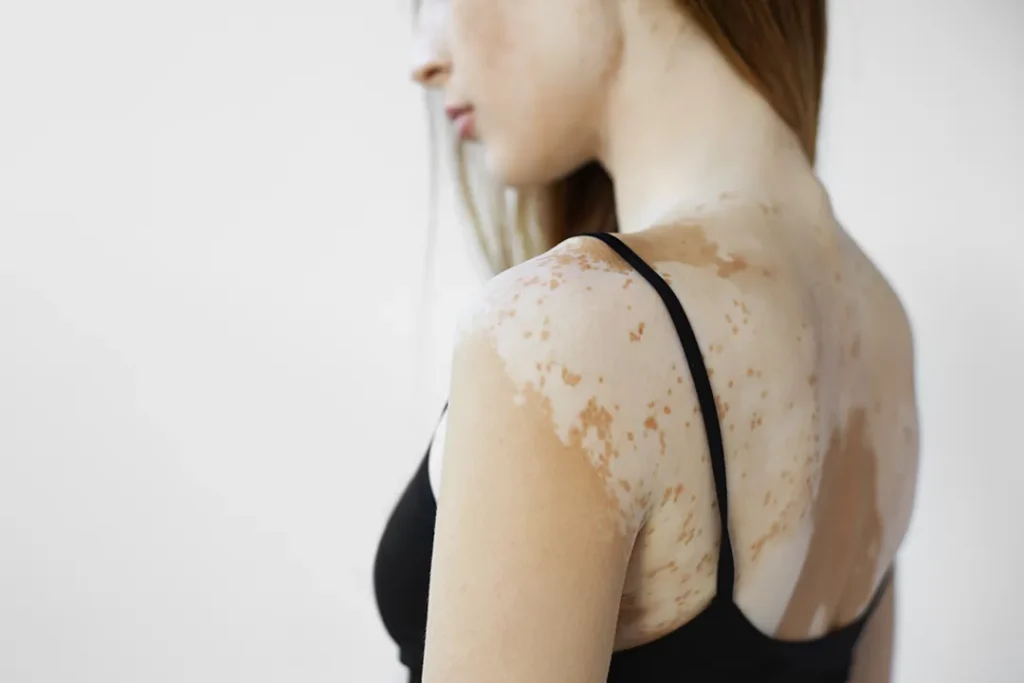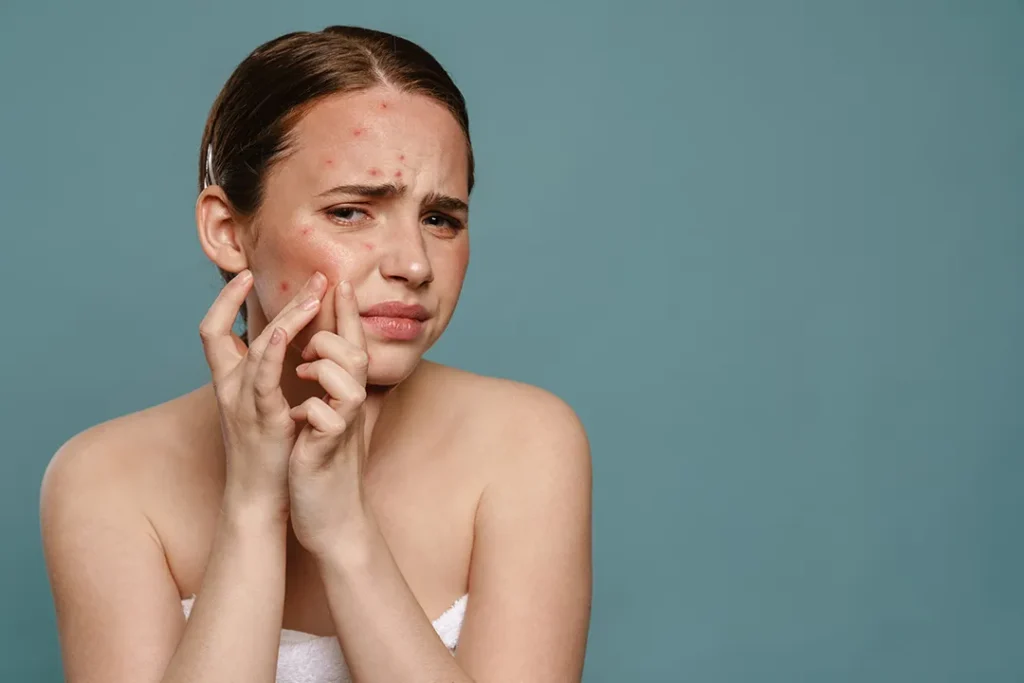The Upside of Sun Exposure: Vitamin D
“In Australia, we need to balance the risk of skin cancer from too much sun exposure with maintaining adequate vitamin D levels,” reports the Cancer Council in its article on Vitamin D. Vitamin D has long been identified as essential to good bone and muscle health. New evidence shows it is also important to a properly functioning immune system, making it an important tool against autoimmune diseases such as multiple sclerosis.
There are other reasons to love Vitamin D, especially if you love smooth skin. Vitamin D has antioxidant properties that impact cellular ageing. It also stimulates the growth of collagen and elastin; at the same time it accelerates skin ageing … truly a paradox.
Vitamin D can be obtained in some foods and supplements. It forms naturally in the body when skin is exposed to UV rays, specifically UVB rays. “The good news” says the Council, “is sensible sun exposure and protection does not put people at risk of vitamin D deficiency. Most people need to spend no more than a few minutes outdoors several days each week when the UV index is 3 or above.” The key word in this sentence is most.
3 Unique Skin Types with Differing Sun Protection Needs
“Up until now, we’ve pretty much had a one-size-fits-all message about sun protection,” Rachel Neale from the QIMR Berghofer Medical Research Institute in Brisbane told SBS News, referring to the 1981 Slip, Slop, Slap campaign. The new advice takes a more tailored view that encompasses individual genetics, Vitamin D, and sun exposure risks. It categorises people into three groups:
Dark Skin – These people are at the highest risk of Vitamin D deficiency and the lowest risk of developing cancer. Routine sun protection is unnecessary unless they plan to be outdoors for extended periods … which may be a good idea. People with darker skin generally require more exposure to generate the same amount of Vitamin D as those with lighter skin tones.
Pale Skin (and those with certain risk factors) – People who have skin that burns easily, has an excess of moles, a family or personal history of melanoma, or who are immuno-suppressed, need to take sun exposure seriously. These individuals are encouraged to keep fully covered when outdoors, and are advised to discuss their Vitamin D needs with their doctor.
Olive, Light Brown, or White Skin – This group is at an intermediate risk for skin cancer. The guidelines are to wear sunscreen routinely and to spend some time outdoors each day to maintain adequate levels of Vitamin D production.




